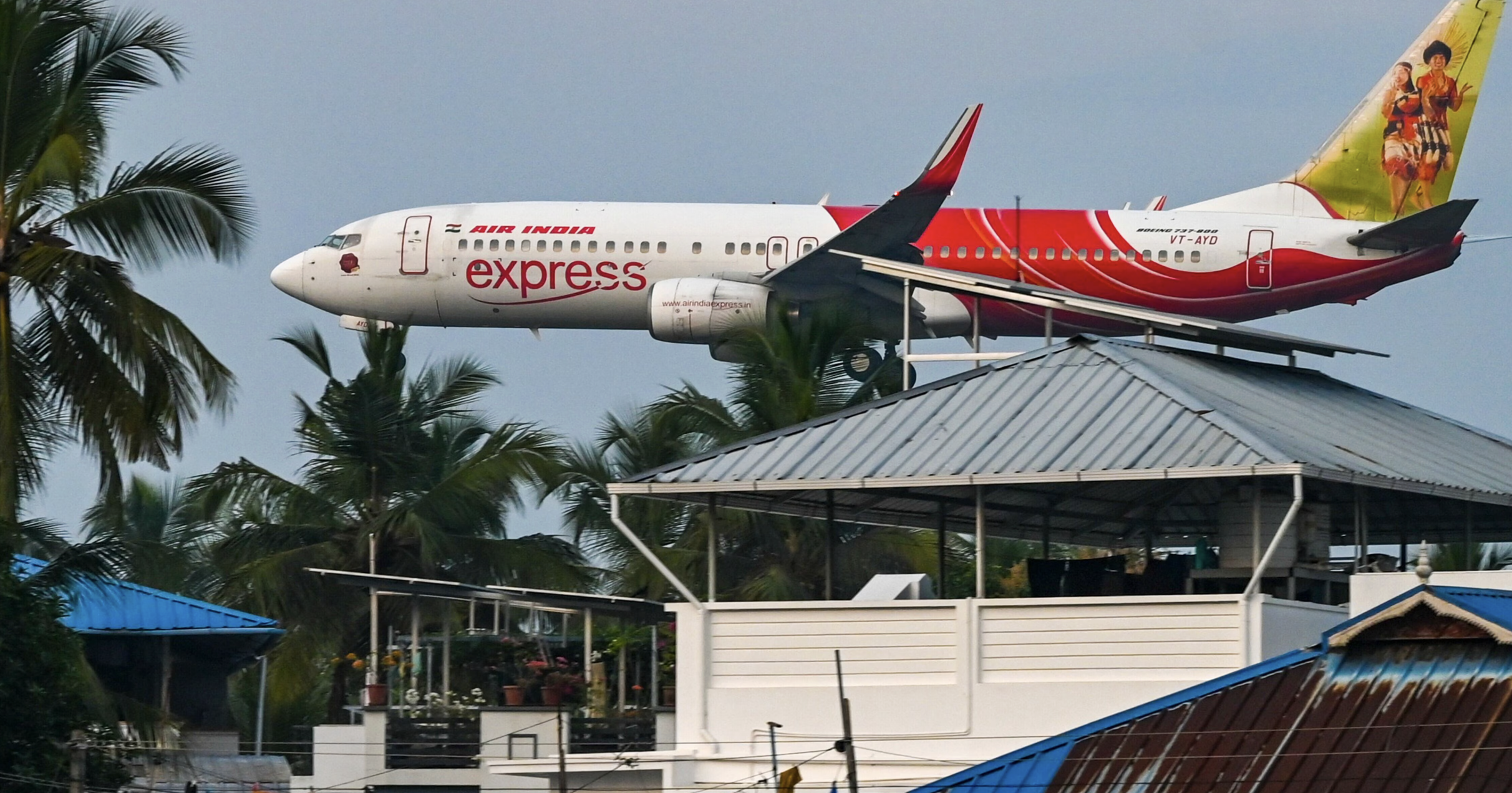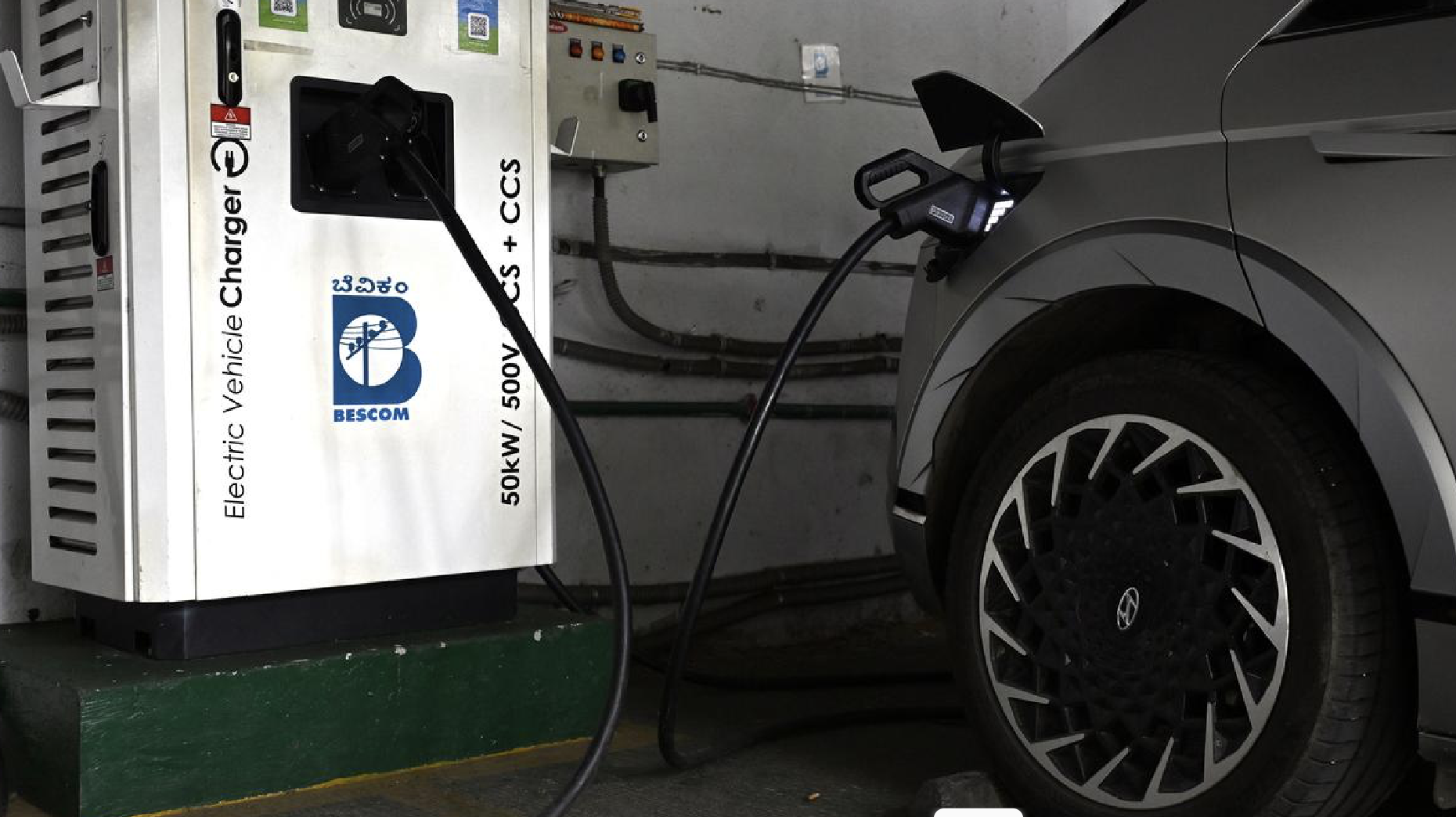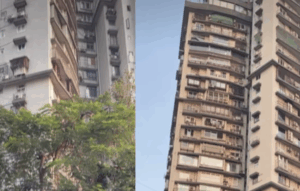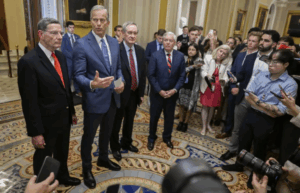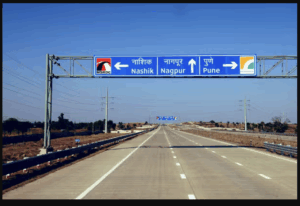In a latest revealation in Lok Sabha, the ministry of home affairs (MHA) said that the Indian Cybercrime Coordination Centre or I4C has proactively identified and blocked over 1,700 Skype IDs and 59,000 WhatsApp accounts used for digital arrests on Tuesday.

How Did This Happen?
Besides this, they have also launched a comprehensive awareness programme on digital arrests.
In a written response in the Lok Sabha, MHA said, “The central government has launched a comprehensive awareness programme on digital arrest which, inter-alia, include; newspaper advertisement on digital arrest scam, announcement in Delhi metros on digital arrest and other modus operandi of cyber criminals, use of social media influencers to create special posts on digital arrest, campaign about digital arrest through Prasar Bharti and electronic media, special programme on Aakashvani on digital arrest…”
Further adding, “I4C (has) proactively identified and blocked more than 1,700 Skype IDs and 59,000 WhatsApp accounts used for digital arrest.”
Police Leadership Focusing On Digital Fraud
Earlier, this issue of digital arrests was also highlighted during the deliberations at the director generals of police/inspector generals of police (DGPs/IGPs) conference last week in Bhubaneswar.
Then, Prime Minister Narendra Modi asked the police leadership of the country to focus on digital frauds, and use of artificial intelligence by the criminals, particularly the use of deep-fakes.
Apart from this, the government has published a press release to alert people against incidents of ‘blackmail’ and ‘digital arrest’ by cyber criminals impersonating as officers of state police, Narcotics Control Bureau (NCB), Central Bureau of Investigation (CBI), Reserve Bank of India (RBI) and other law enforcement agencies as informed by the home ministry.
Moving ahead, they said that the government and telecom service providers (TSPs) “have devised a system to identify and block incoming international spoofed calls displaying Indian mobile numbers that appear to be originating within India.”
“Such international spoofed calls have been made by cyber-criminals in recent cases of fake digital arrests, FedEx scams, impersonation as government and police officials, etc. Directions have been issued to the TSPs for blocking such incoming international spoofed calls,” the ministry noted.
Apart from these initiatives, they have also established a state-of-the-art centre – Cyber Fraud Mitigation Centre (CFMC) at I4C where representatives of major banks, financial intermediaries, payment aggregators, TSPs, IT intermediaries and representatives of states/UTs forces are working together for immediate action and seamless cooperation to tackle cybercrime.
So far, more than 6,69,000 SIM cards and 1,32,000 IMEIs reported by police have been blocked by the Centre till November 15 this year, highlighted by the ministry.
Further, the MHA noted that seven Joint Cyber Coordination Teams (JCCTs) have been constituted for Mewat, Jamtara, Ahmedabad, Hyderabad, Chandigarh, Vishakhapatnam, and Guwahati under I4C.
This will be covering the whole country based upon cybercrime hotspots/areas having multi-jurisdictional issues by on-boarding states/UTs to enhance the coordination framework among the law enforcement agencies.
Earlier during 2021, the government have started a ‘Citizen Financial Cyber Fraud Reporting and Management System’, under I4C.
This system is meant for immediate reporting of financial frauds and to stop siphoning off funds by the fraudsters, has saved over ₹3,431 crore in more than 9,94,000 complaints, MHA said.
Image Source

